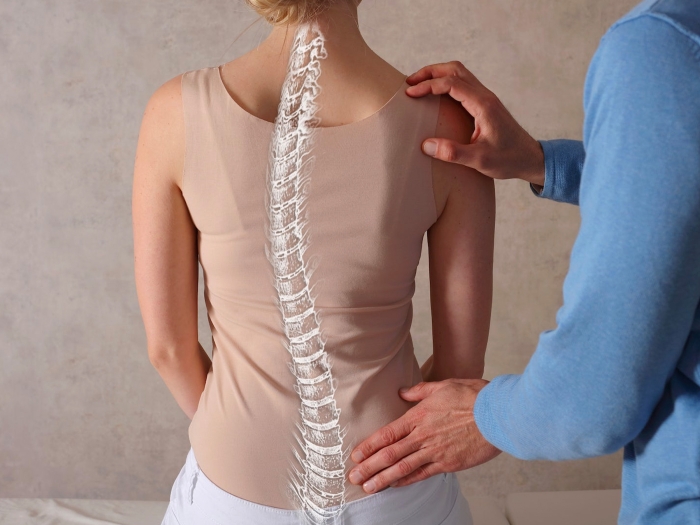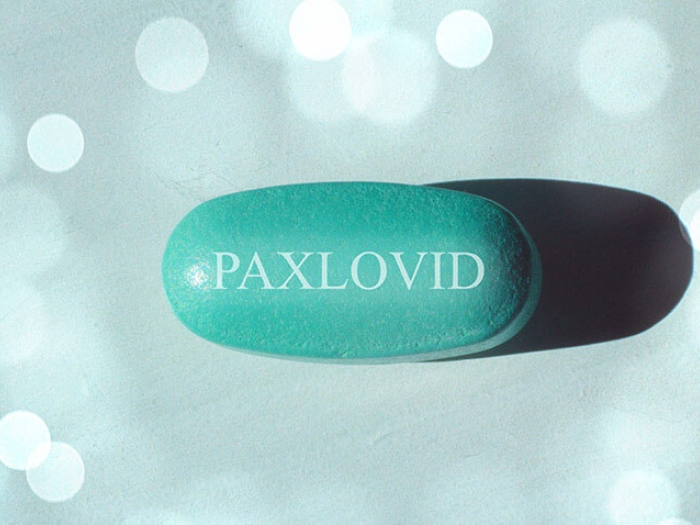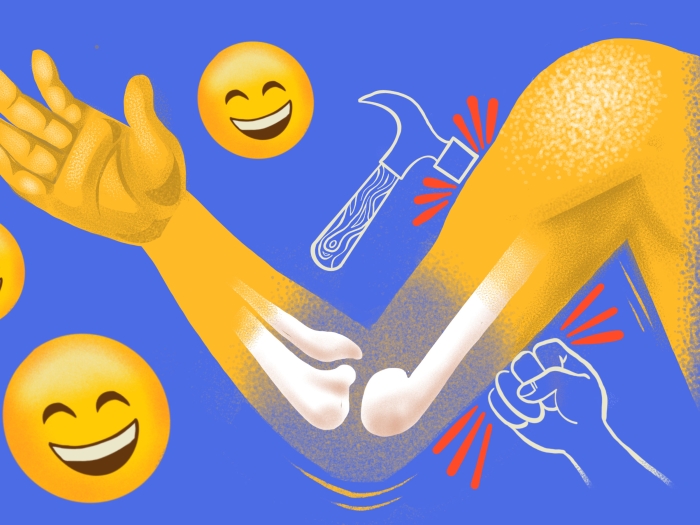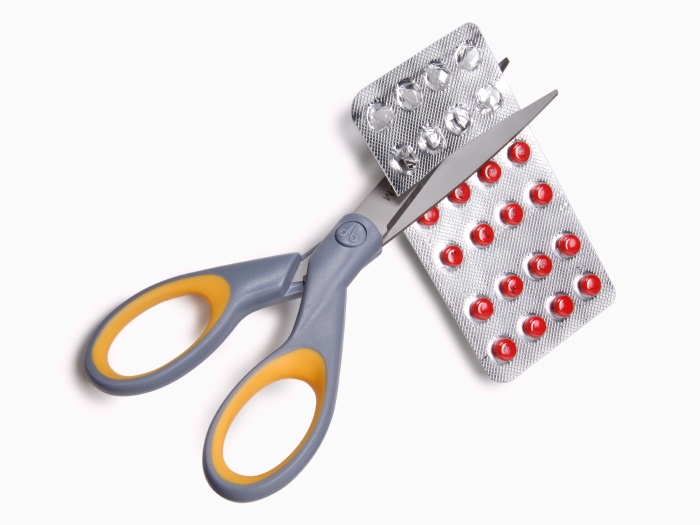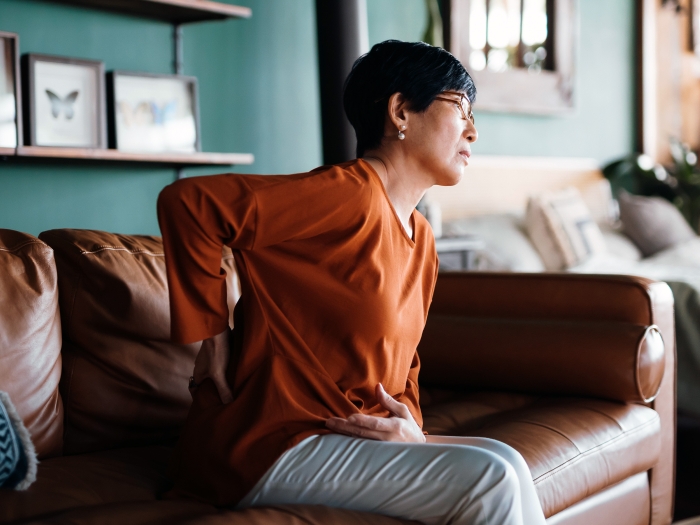An orthopaedic surgeon and NFL team physician shares how tools like video conferencing are being used behind the scenes during the pandemic to provide continuity of care for all.
7:39 AM
Author |

This article was updated on March 18, 2021.
The 2020 National Football League draft will be one for the history books. As in past years, fans will be able to tune in to the three day televised event. But instead of one giant gathering live from Las Vegas, we'll watch as owners, coaches, players and commentators 'log in' from their homes to conform to social distancing guidelines. The 2020 event, billed as a 'Draft-a-Thon', will also honor healthcare workers and raise funds for COVID-19 related charities.
"In these unprecedented times, everyone must make changes and sacrifices to stay safe and healthy," says Michigan Medicine orthopaedic surgeon Asheesh Bedi, M.D. "The NFL draft is one high profile example of how our culture, traditions and daily actions are pivoting in response to the COVID-19 threat."
Bedi was the former team orthopaedic physician and medical director for the Detroit Lions, the chief of sports medicine and director of the Michigan Center for Athletic Medicine and Performance (MCHAMP) at Michigan Medicine. He is also head orthopaedic team physician for the University of Michigan athletic department.
"This year, nearly every aspect of the draft is different, both in front of the cameras and behind the scenes," says Dave Granito, head athletic trainer for the Lions, "including how teams like the Lions access and use information from our medical experts about the health and conditioning status of potential draft picks."
Bedi joined Granito in Indianapolis in late February for the NFL Scouting Combine, the last pre-draft step completed 'live' before widespread shutdowns were imposed. The annual event gives pro teams a chance to see more than 350 top prospects in action. In addition to drills and training activities, prospects are evaluated by team physicians like Bedi.
"At the Combine, team physicians conduct physical examinations, gather comprehensive health histories and review musculoskeletal imaging," explains Bedi. "We then provide medical grades and risk assessments to our respective teams, who factor that information into draft decision making."
Like Podcasts? Add the Michigan Medicine News Break to your Alexa-enabled device or subscribe for daily updates on iTunes, Google Play and Stitcher.
The event would usually be followed by 'pre-draft visits', where top prospects are invited to team facilities to work out with and be evaluated, and 'pro days' – tryouts for local student athletes. Also sidelined by pandemic safety measures: medical 'rechecks' of players recovering from recent injuries or surgeries.
"COVID-19 safety measures are also changing how our front office, coaching and athletic training staff will share information in real-time as the draft is taking place," adds Granito. "We'll all be working remotely via video conference, including Dr. Bedi, who will stand ready to handle questions about player conditioning, injuries and medical readiness."
The Lions are also turning to telehealth tools to stay connected with current players on the roster.
"Helping players rehabilitate from injuries or surgery is always a priority between seasons," Granito says. "Some are coming back from injuries suffered at the end of the season, and others get hurt while training in the off season. In the past, they often traveled back here for onsite evaluation and treatment. This year, several different video conferencing platforms are making it possible for us to check in regularly to assess their condition and support their recovery. We're even sending some players the equipment they need for in-home physical therapy, and overseeing their progress remotely."
College athletic programs are also making adjustments in the wake of the coronavirus. "The stay-at-home orders have led to the cancellation of the spring football season, and that's just one of many disappointments for our student athletes," says Phil Johnson, director of athletic training for football at the University of Michigan. Major basketball and hockey tournaments were cancelled too, as were the upcoming seasons for softball, baseball and track. U-M Athletics supports more than 900 student athletes participating in 31 sports.
"Even though we can't work with our athletes in the same ways we usually do, we're still committed to helping them stay healthy and in condition," Johnson continues. "For example, right now seven of our football players are at home rehabilitating after recent surgeries performed by Dr. Bedi and Dr. Bruce Miller. Video conferencing has become a great tool for follow-up appointments to support them and track their progress."
Necessity is the mother of invention. New tools for new times
"The social distancing actions made necessary by the pandemic have changed how Michigan Medicine is currently caring for all of our orthopaedic patients, not just professional and student athletes," Bedi stresses. "With the help of great leadership in Dr. Punch and our medical group, we are adopting more creative, flexible options to stay connected and provide as much continuity of care as possible until we can get back to business as usual. This could be several months and we need to assure the best for our patients during this time."
MORE FROM MICHIGAN: Sign up for our weekly newsletter
"For example, we have hundreds of patients recovering from recent orthopaedic procedures," he continues. "They need to know we're available to monitor their recovery and provide support to help them reach their rehabilitation milestones."
Just as important is the wellbeing of the many patients whose scheduled orthopaedic surgeries have been postponed due to the COVID-19 response. "Current protocols categorize these procedures as 'elective', but that's not how patients experiencing pain and reduced mobility see them," Bedi says. "These patients need assurance that we have a definitive plan for treating and managing their conditions until we can safely get to them and hopefully soon."
For patients like these, Michigan Medicine is rapidly ramping up the use of video conferencing for appointments and consults, and to review imaging and test results.
"Virtual care is vital for those recovering from surgery and those anticipating it," notes Bedi. "We're making doctors available for real time consults, even outside of regular business hours, and we're working to expand remote access to other essential members of the care team as well."
Even in an era of social distancing and sheltering in place, life still happens, including the occasional accident or injury. During the COVID-19 crisis, Michigan Medicine has also established a provisional clinic for adults requiring urgent care for a variety of acute musculoskeletal injuries.
The Bone and Joint Acute Injury Clinic, located at the Brighton Center for Specialty Care, provides advanced musculoskeletal care in a safe, state-of-the-art setting, without subjecting patients to the increased exposure risks of visiting an emergency department.
"We opened this interim clinic both to ensure patient safety and to ease the burden at our primary locations, which need to appropriately focus on COVID-19 care and the most serious, life-threatening medical conditions," Bedi explains. "The clinic is fully staffed and equipped to provide comprehensive treatment for a range of acute injuries like simple fractures, joint dislocations or sprains and strains to tendons, muscles or ligaments."
The Brighton location also provides access to onsite imaging and outpatient surgical capabilities. The clinic is staffed Monday through Saturday. There's no need to call ahead, and no appointment is necessary (although patients are encouraged to contact their primary care provider to help determine whether an emergency department visit may be necessary.)
"Even though our regular locations are physically contracted for on-site services, we want patients to know that, through remote technologies and a provisional clinic, Michigan Medicine is still open for business," Bedi emphasizes. "We want to be there for consultations and to take care of injuries in ways that won't put anyone's health at risk."

Explore a variety of healthcare news & stories by visiting the Health Lab home page for more articles.

Department of Communication at Michigan Medicine
Want top health & research news weekly? Sign up for Health Lab’s newsletters today!

